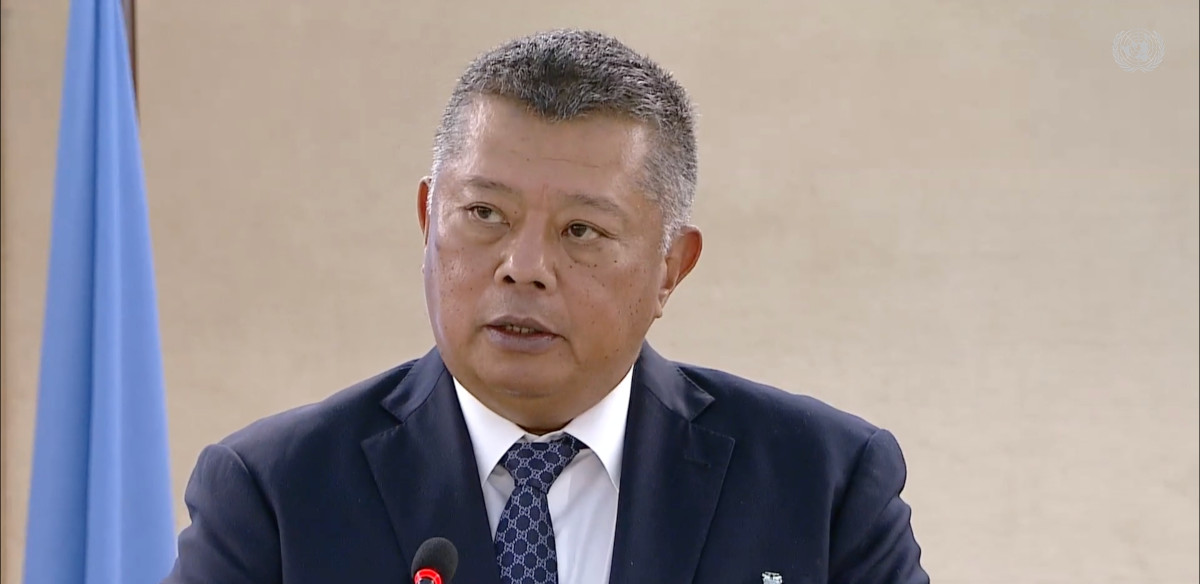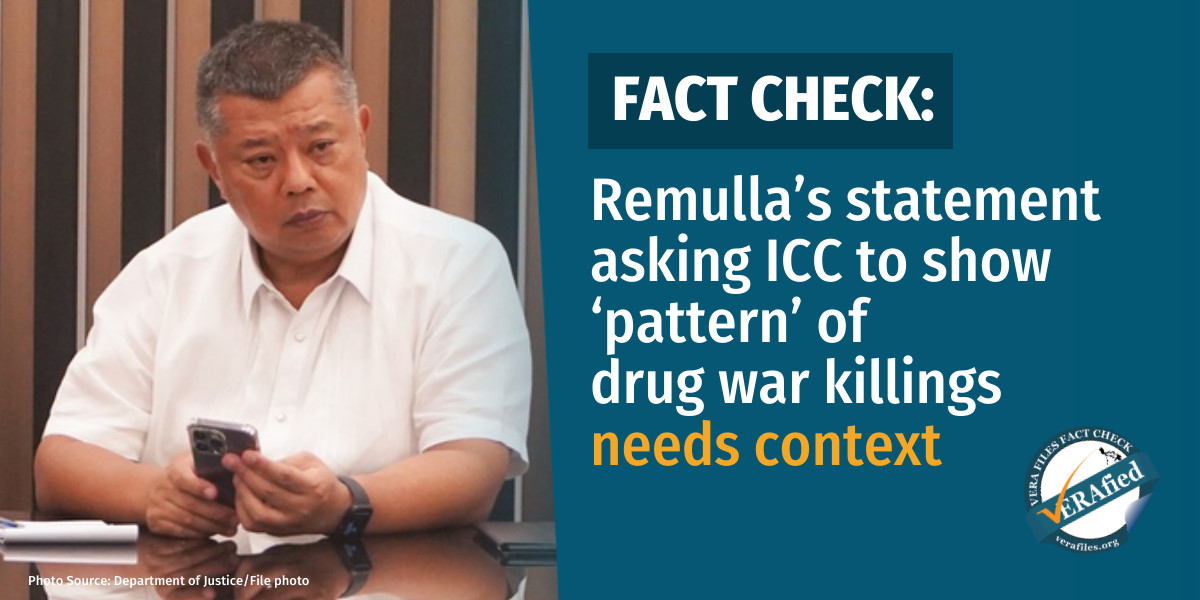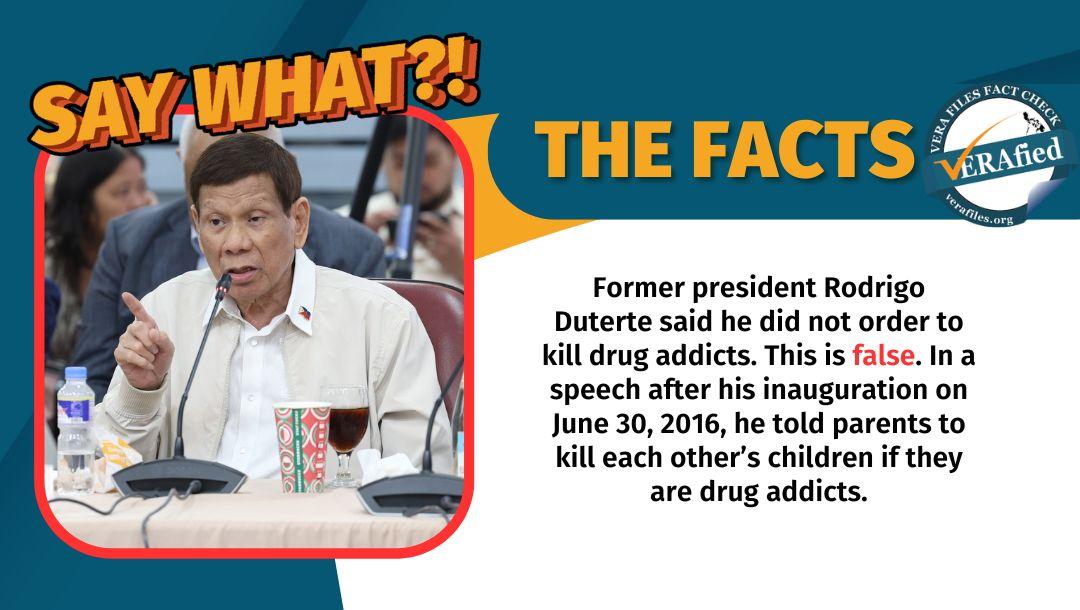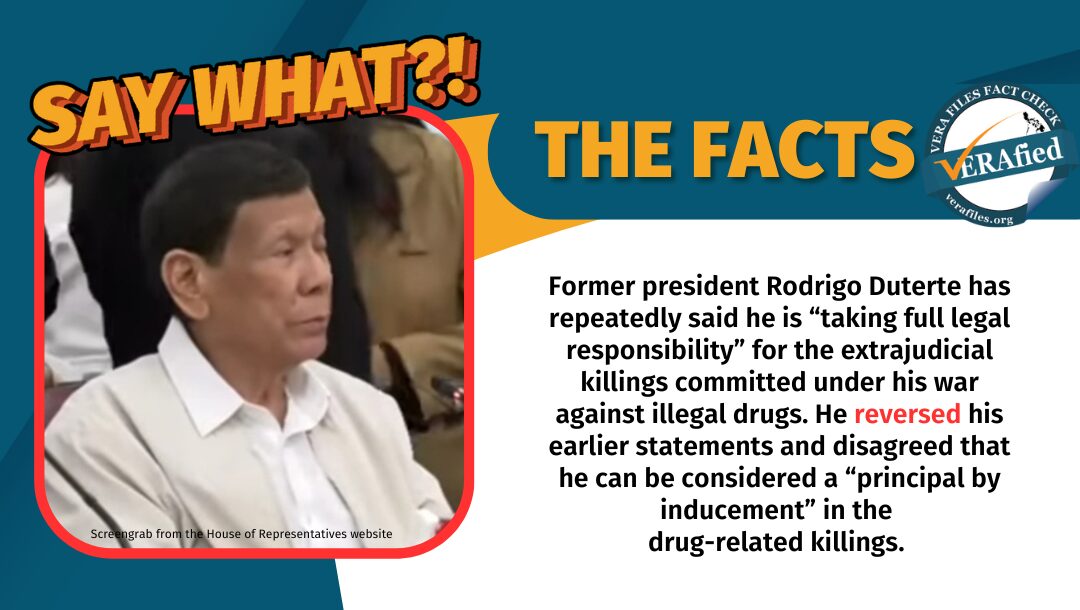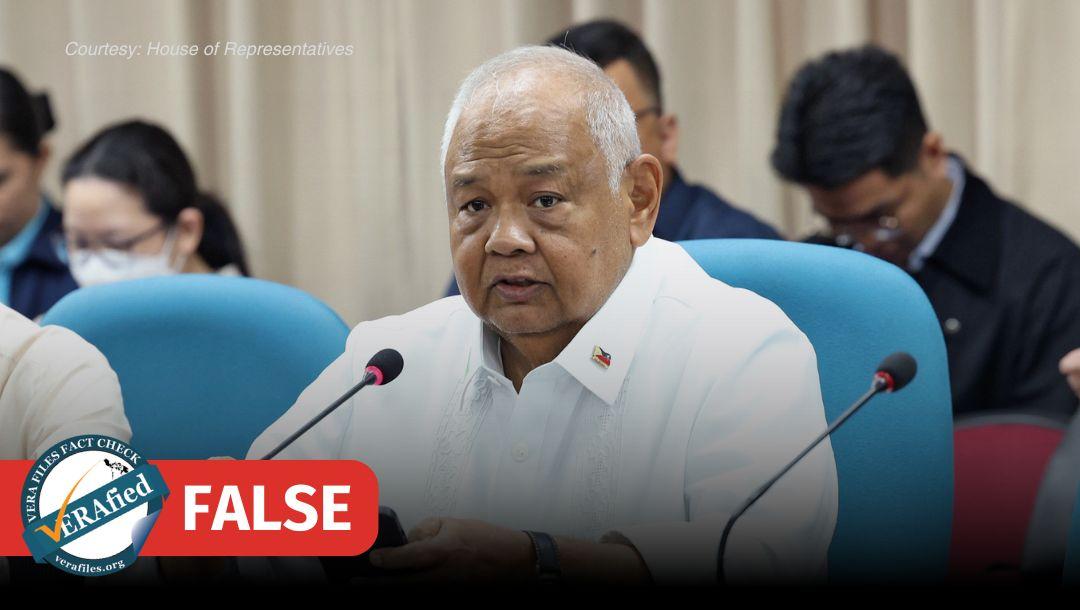Veering away from former president Rodrigo Duterte’s bloody war on drugs, representatives and experts from various sectors are urging the government to treat the drug problem as a “public health” issue to be dealt with a human rights-based approach.
During a three-day Philippine Drug Policy and Law Reform Summit in Manila on July 10 to 12, government officials and multisectoral groups discussed the integrated responses and policy recommendations for drug reforms in the context of human rights.
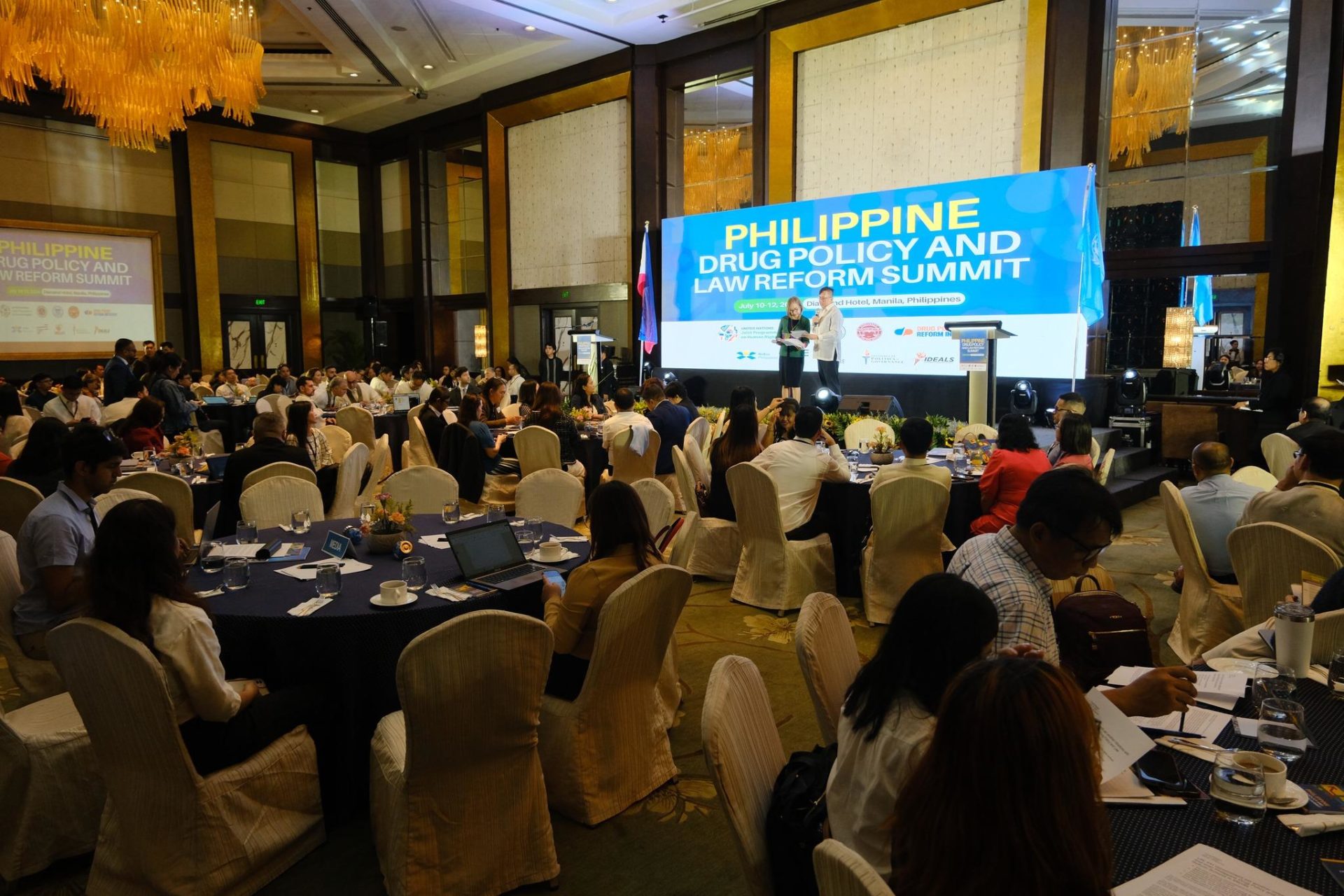
In a forum on the last day, University of the Philippines (UP) law professor Glenda Litong stressed that drug use is not a security issue. “The policy of securitization must go…what we have is not a security issue, but a health issue. And it is with respect to the right to health, which is actually attaining the highest possible standard of adequate health,” she said.
“We have a law, but there is a corresponding framework that has not been really discussed, and this is the securitization of drugs and it has to go,” she said, referring to Republic Act 9165 or the Dangerous Drugs Act, which has served as the government’s blueprint to combat illegal drugs.
Sen. Risa Hontiveros, a vocal critic of Duterte’s drug war, called for a modern “rules-based” drug law enforcement strategy to curb the supply of prohibited substances in the country.
“Accessible public health interventions on drug use should be put in place and must be institutionalized and the rights, spaces, and communities of people who use drugs must be recognized and protected,” she said in her keynote speech.
Jacqueline Ann De Guia, executive director of the Commission on Human Rights (CHR), called for a complete “paradigm shift” to the government’s policy in fighting the country’s problem with illegal drugs.
“[The] DOH [Department of Health] has to be there up front and center if we really want the right-to-health perspective to be the driving force in the prevention of drugs,” she said.
Rodley Carza, chief of the DOH Policy and Technology Division, affirmed the agency’s commitment to a public health approach, highlighting its alignment with the Universal Health Care (UHC) Law.
Republic Act 11223 or Universal Health Care Act states that all Filipino citizens should have access to comprehensive health services anywhere without financial burden.
“That means addressing the health issues of people impacted by the drug use problem and minimizing [the] harm that can be inflicted to them [and] further empowering them in taking control of their health,” Carza said.
He mentioned that the DOH is also focusing on protecting the health and wellness of persons deprived of liberty (PDLs) while they are in detention facilities.
On July 15, the DOH and the Bureau of Corrections (BuCor) signed the National Policy on Promotion and Protection of Health in Jails, Prisons, Custodial Facilities, and Other Places of Detention to ensure 24/7 healthcare access for PDLs.
According to Carza, the policy is part of a program to have a “more comprehensive” human rights-based approach to drug use.
Not ‘mere numbers’
For De Guia, viewing the drug problem in the context of human rights seemed “difficult,” given that the public has been ingrained with the “evils of drug use.”
She noted that the negative connotations associated with drugs sometimes “obscure” individuals’ judgment towards people who use drugs.
“Our fears and our safety concerns sometimes cloud our judgments and then we begin to lose focus so the exercise on human dignity is to focus on persons,” she said.
Emphasizing a human rights-based approach, De Guia stressed that the government must consider the lived experiences of people and not treat them as “mere numbers.”
She underscored the importance of recognizing the “humaneness” of individuals and understanding their perspectives to know the reasons behind their drug use.
“You have to look at their welfare, you have to look at their health, you have to look at the highest attainable standard of living because they have dignity,” said De Guia.
Citing inequalities in drug policy implementation, Tatiana Jehl from the United Nations Office on Drugs and Crime said that stigma and discrimination remain significant barriers preventing people from accessing essential services.
To address these issues, Jehl said that it is crucial to invest in a “full continuum” of care where basic services are accessible to everyone who needs them and is willing to seek them or decides to seek them.
“Regardless where they live, be it in the capital city or in the most remote rural area, it also goes to have access to the treatment and be provided with treatment as part of an alternative to conviction or punishment in appropriate cases,” she said.
In addition to non-discrimination, Zaved Mahmood, advisor to the Drug Policy and Human Rights, emphasized the importance of accountability and protecting witnesses and victims of drug use.
Mahmood highlighted that accountability should involve “internal oversight” mechanisms, particularly within the police and law enforcement agencies.
“Whenever there [are] any firearms fired and people died, there is a need for proper investigation and it is the responsibility upon the government authorities,” he said.
Thousands of drug suspects were killed by police and unidentified gunmen under Duterter’s war on drugs, which became the subject of an investigation by the International Criminal Court (ICC).
However, in 2019, Duterte pulled the Philippines out of the ICC, further limiting the scope of the tribunal’s probe.
President Ferdinand Marcos Jr. has refused to cooperate with the ICC probe and does not recognize its jurisdiction in the Philippines.
